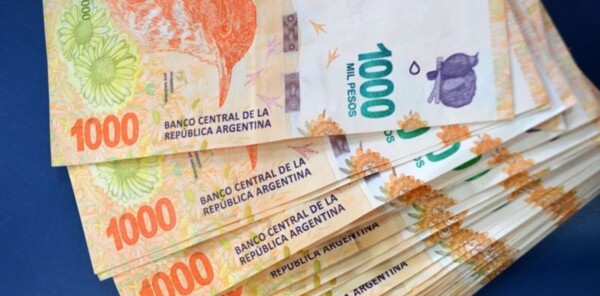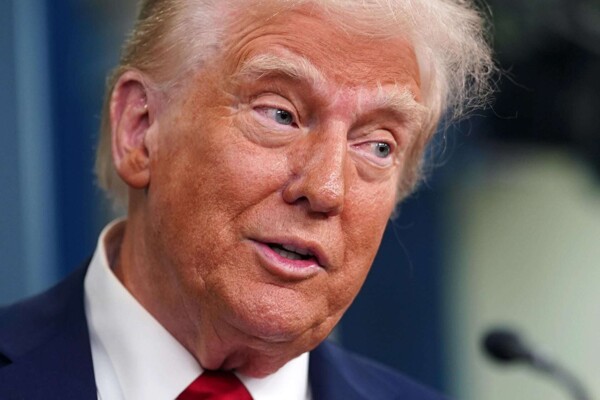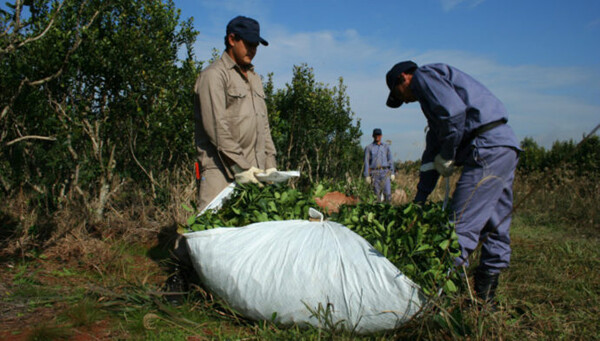
A report from Aurum Valores highlighted the impact of the depreciation of the exchange rate on the Argentine economy, particularly affecting the travel and tourism sector. The outflow of dollars from the country due to tourism and foreign consumption was significant in the first eleven months of 2024. This raised concerns, as the devaluation of the peso has created economic difficulties such as the loss of trade in cities near neighboring countries, like Mendoza.
According to the report, the appreciation of the Argentine peso has also caused problems in the economy, making it difficult for the Government to end the currency controls. Experts point out that this situation complicates the accumulation of the country’s reserves. Additionally, analysts warn of a potential currency lag, considering that Argentines' spending in dollars has increased significantly, leading to consequences for the competitiveness of national production and the availability of foreign exchange.
On the other hand, it is noted that the Government's policy of currency lag has resulted in an increase in imports and a rise in trips abroad, which has impacted the country's economy. The lack of accumulation of reserves and the low competitiveness of exports are concerns for experts, especially in the face of a challenging international context and local political uncertainty.
Recent data shows strong growth in outbound tourism and a decrease in inbound tourism in Argentina. This adds to an increase in spending by Argentines abroad, mainly through credit cards, which has contributed to a decline in the Central Bank's international reserves. Furthermore, the removal of the Impuesto País has lowered the costs of operations in dollars, encouraging trips abroad.
Experts argue that it is necessary to find a balance between controlling inflation and avoiding currency lag while seeking strategies to increase the country’s reserves. The discussion on the currency situation intensifies with the upcoming legislative elections and the economic difficulties facing Argentina.














